July 6, 2024

![]()
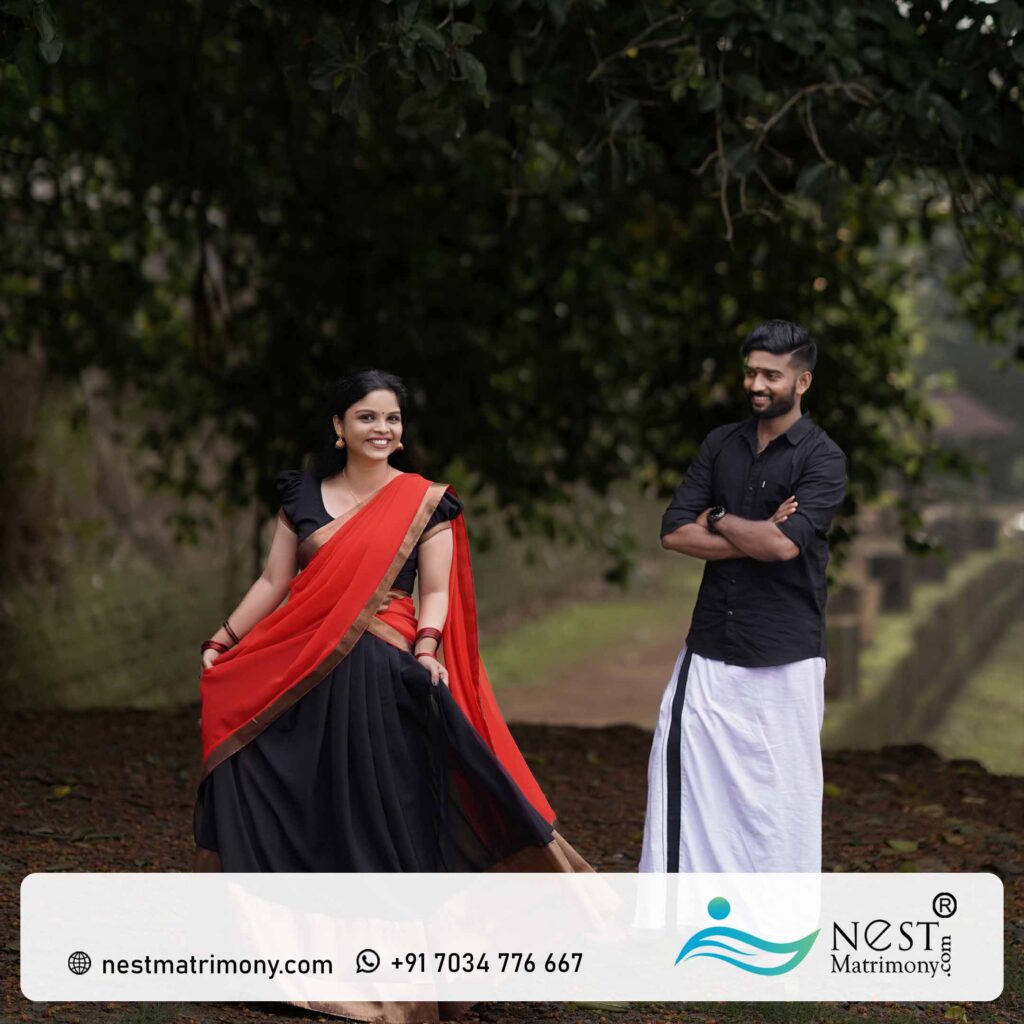
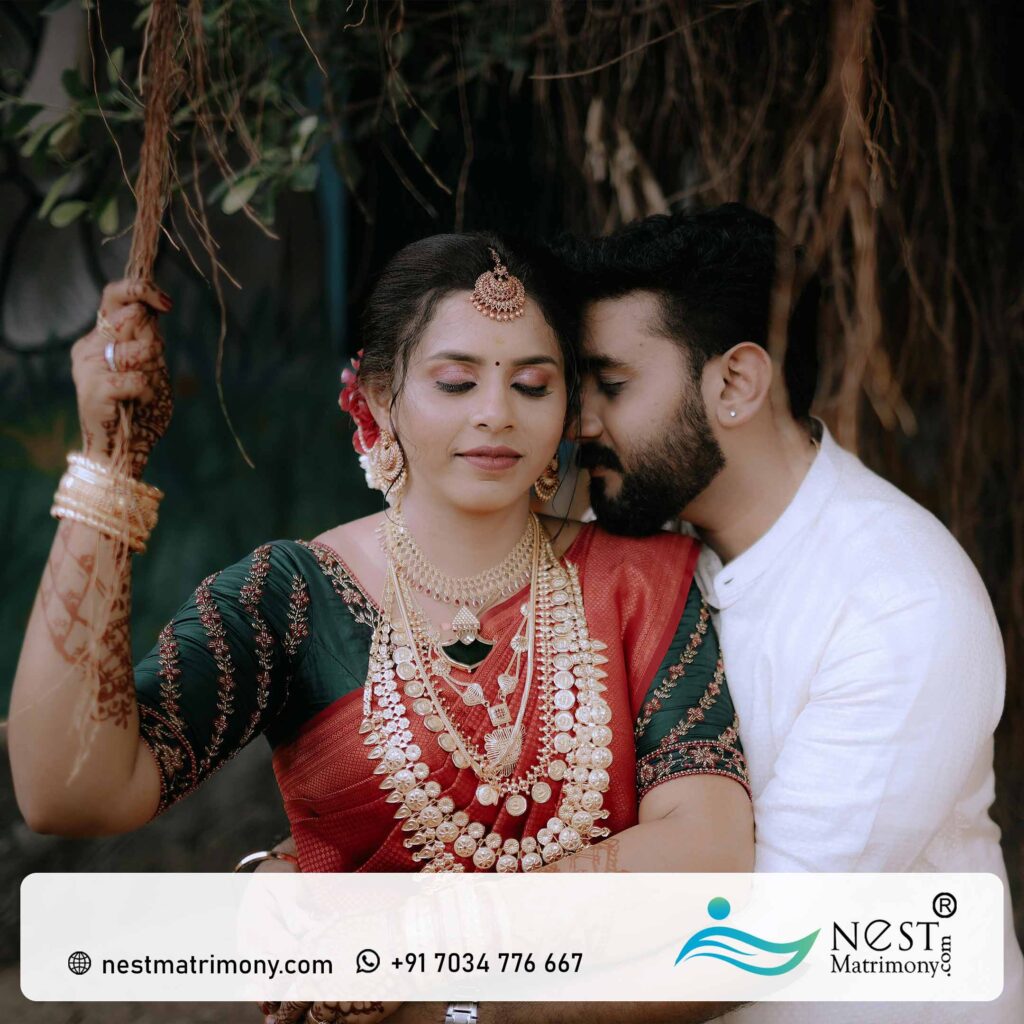
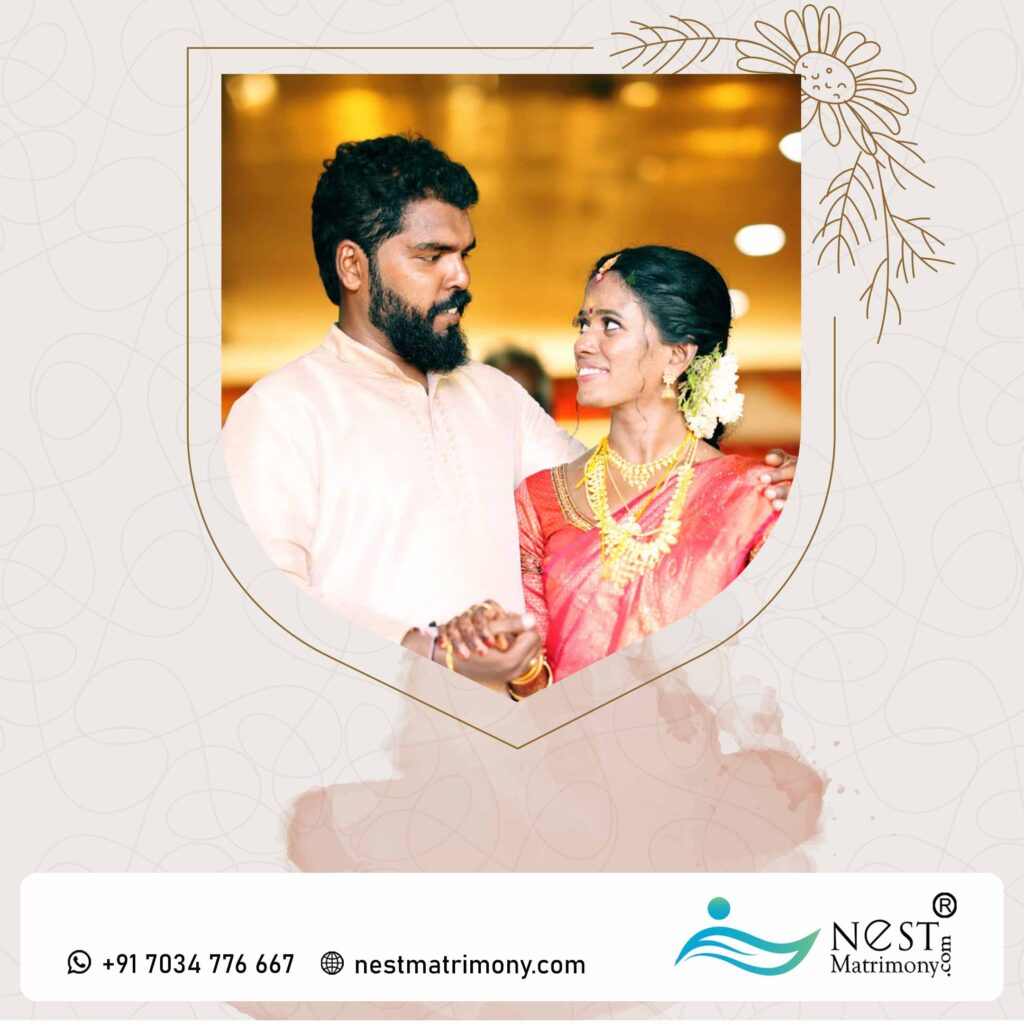
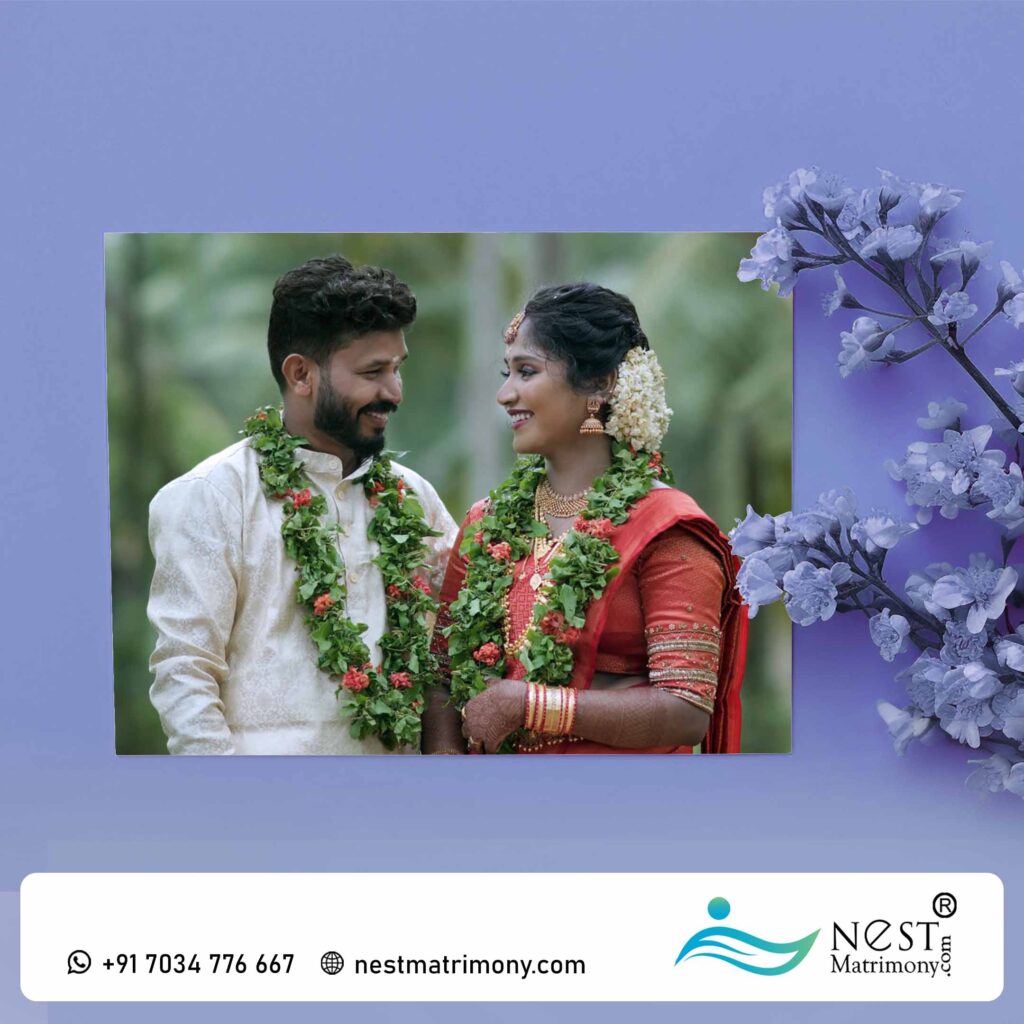



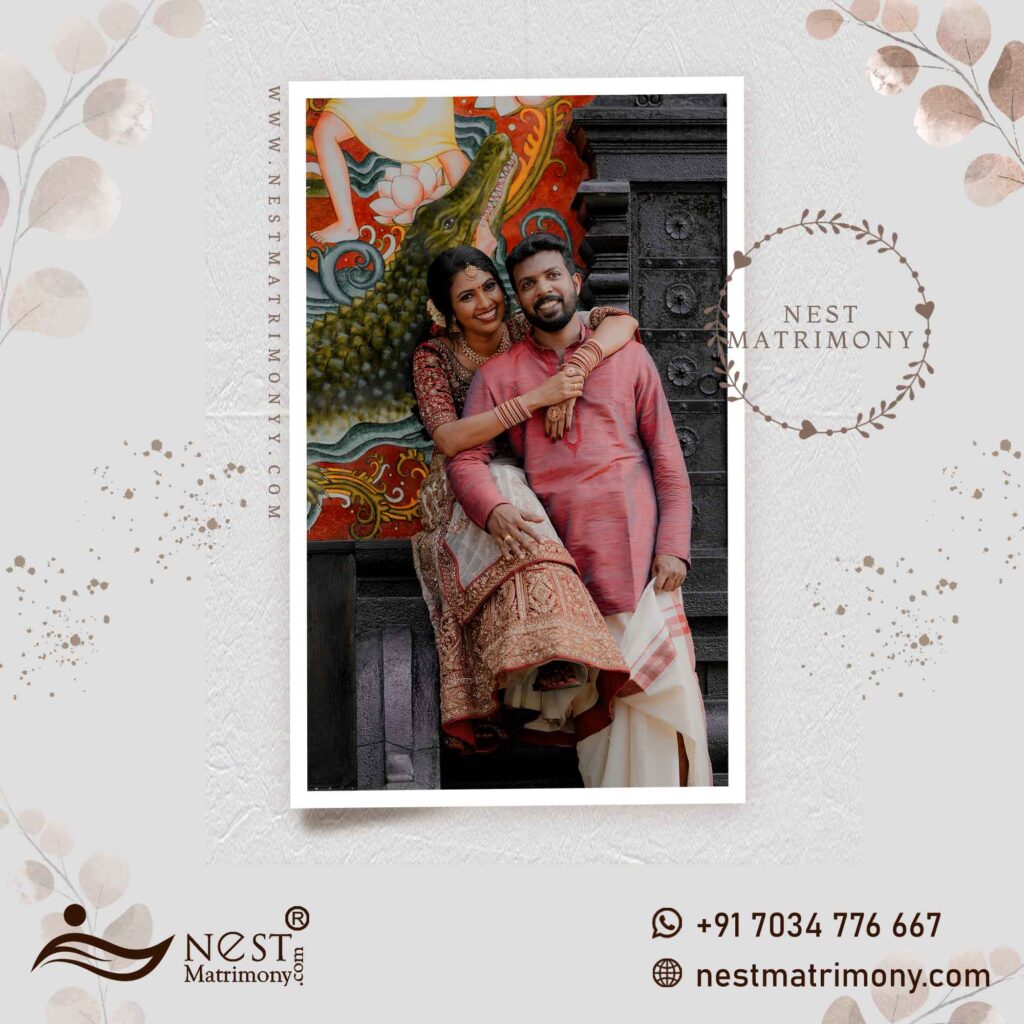
Wedding Planning for Hindu

Planning a Hindu wedding involves several intricate and meaningful rituals that may vary depending on regional and cultural differences within Hinduism. Here is a general guide to help you with the planning process:
1. Pre-Wedding Rituals
Roka Ceremony:
- Marks the beginning of the wedding preparations and the acceptance of the alliance by both families.
- Often involves a small gathering where gifts and sweets are exchanged.
Engagement (Sagai):
- Rings are exchanged between the bride and groom.
- Families gather to bless the couple.
Mehndi Ceremony:
- The bride's hands and feet are adorned with intricate henna designs.
- A festive event with music, dance, and celebration.
Sangeet:
- A musical night where both families come together to celebrate with songs and dances.

2. Wedding Attire and Jewelry
Bride:
- Traditional attire such as a saree, lehenga, or a regional bridal dress.
- Jewelry includes mang tikka, earrings, necklace, bangles, and anklets.
Groom:
- Sherwani, kurta, or regional attire.
- Accessories may include a turban, sword (for some regions), and a brooch.

3. Wedding Rituals
Ganesh Pooja:
- Worship of Lord Ganesha to remove obstacles and seek blessings for the marriage.
Kanyadaan:
- The bride's father gives her away to the groom, symbolizing the transfer of responsibility.
Panigrahana:
- The couple holds hands in front of the fire, signifying their union.
Saptapadi (Seven Steps):
- The couple takes seven steps around the sacred fire, each step signifying a vow.
Sindoor and Mangalsutra:
- The groom applies sindoor (vermilion) on the bride's forehead and ties a mangalsutra (sacred necklace) around her neck, marking her as married.

4. Post-Wedding Rituals
Vidaai:
- The bride bids farewell to her family and leaves for her new home.
Grihapravesh:
- The bride is welcomed into the groom's home with rituals to ensure a prosperous and happy married life.

5. Planning Essentials
Venue:
- Choose a venue that can accommodate various ceremonies and guests.
Catering:
- Menu planning is crucial, including traditional dishes and regional specialties.
Decor:
- Traditional decor with flowers, drapes, and lighting to enhance the festive atmosphere.
Music and Entertainment:
- Arrange for traditional and contemporary music, live bands, or DJs.
Invitations:
- Send out wedding invitations well in advance, including all ceremony details.

6. Additional Tips
- Hire a wedding planner: Especially if you have a large number of guests or complex ceremonies.
- Photography and Videography: Capture all the precious moments with professional photographers.
- Guest Accommodations: Arrange for the accommodation of out-of-town guests.
- Transportation: Ensure smooth transportation arrangements for guests and the wedding party.

7. Legal Formalities
- Marriage Registration: Ensure you comply with local laws for registering your marriage.

8. Budget Planning
- Create a budget and keep track of expenses to avoid overspending.

9. COVID-19 Considerations
- Be aware of and comply with any local guidelines or restrictions related to the pandemic.
This is a general overview, and each wedding may have unique traditions and rituals. It's essential to work closely with family members and possibly a wedding planner who understands Hindu customs to ensure a smooth and joyous celebration.

